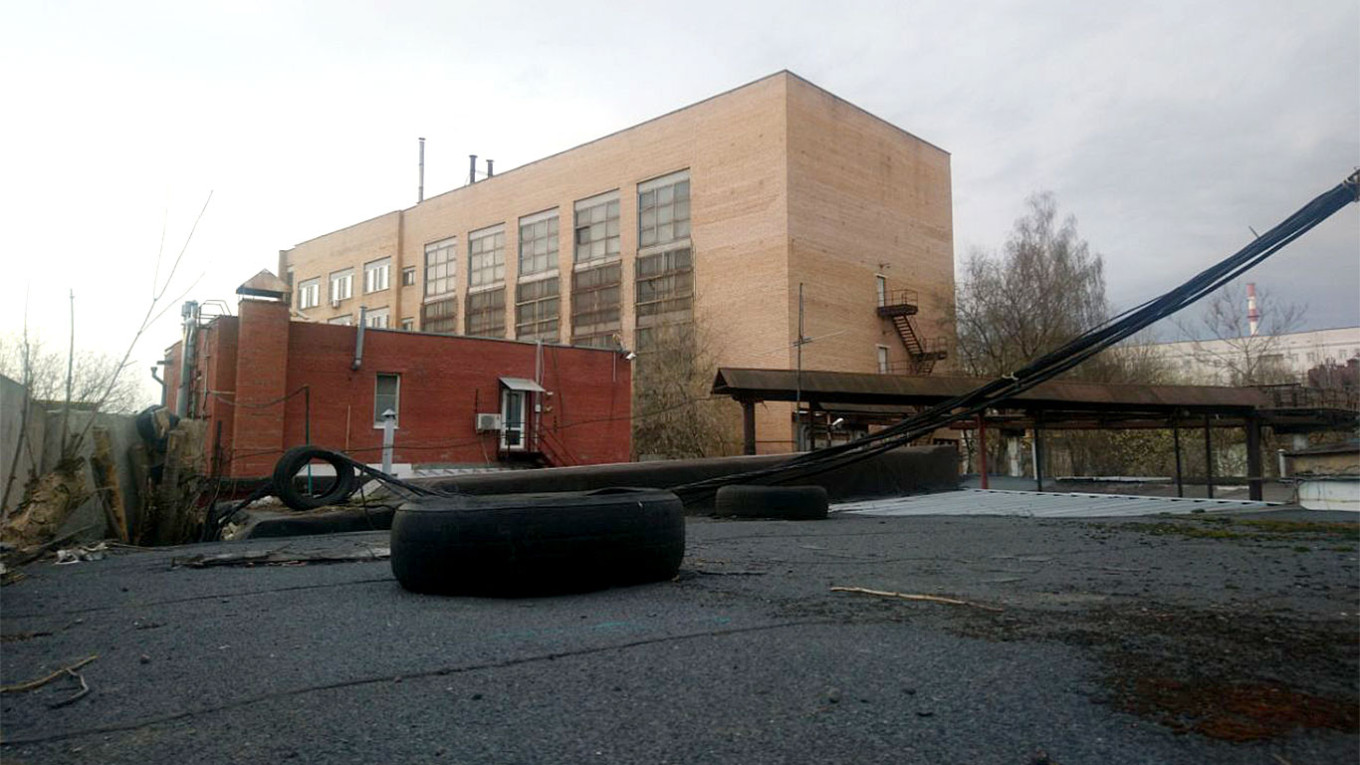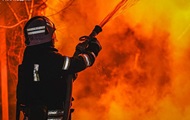Nearly four decades ago today, the Soviet Union witnessed the worst nuclear disaster in history when the fourth reactor at the Chernobyl nuclear power plant in Ukraine exploded.
In the present-day Russian capital, another potential radioactive threat lies dormant beneath Muscovites’ feet.
In Moscow’s northwestern Shchukino district, city authorities are planning new developments atop underground pipes carrying liquid radioactive waste, with plans to erect business and residential buildings, a school and a kindergarten.
Locals and experts say these extensive construction works could damage the pipes, potentially spilling this radioactive waste into the environment.
“Inside the old pipes, there are centimeter-thick deposits of radioactive salts. There’s a huge cocktail there, with many different radionuclides present,” said Andrei Ozharovsky, a nuclear physicist and antinuclear campaigner.
“In the event of damage to a functioning pipe … it could lead to the simple spillage of its contents, resulting in local contamination,” Ozharovsky told the Moscow Times.

mos.ru
If the project goes forward, it will entail demolishing a garage complex on Shchukino’s Rogova Ulitsa — further angering residents with cars from over 1,400 garages congesting the already crowded local courtyards.
Covered threat
Moscow’s Shchukino district is home to several scientific institutions. The district was the cradle of Russia’s nuclear industry in the 1940s and instrumental in the creation of the first Soviet atomic bomb.
Among them are the Kurchatov Institute and the Bochvar Institute of Inorganic Materials, both involved in nuclear science to this day. For decades, their research has generated nuclear waste, transported via underground pipes to Moscow’s liquid radioactive waste processing plant in the same district.
Due to the secrecy surrounding this nuclear cluster, with information often classified during correspondence with authorities, the exact volume of radioactive materials involved and the scale of a hypothetical accident remain unclear, Ozharovsky said.
Experts familiar with nuclear research offered their best guesses.
“As someone with a specialized education, I can say that enterprises like radiochemical experimental workshops at the Bochvar Institute, as well as nuclear reactors and other facilities at the Kurchatov Institute, cannot operate without generating radioactive waste, primarily liquid waste,” Ozharovsky said.

Andrei Ozharovsky
According to Ozharovsky, the worst-case scenario would see radioactive substances leak from damaged pipes into the ground in liquid form, eventually finding their way into streams feeding the Moskva River, Moscow’s main waterway.
“They [spilled substances] will disperse, creating a zone of radioactive contamination that will need to be fenced off,” he said. “No construction can take place within this area, and it will be very expensive to clean up since radioactive substances tend to disperse quite easily but are very difficult to collect back — we know this from Chernobyl and other accidents.”
Vladimir Mordashov, a leading expert at the Kurchatov Institute, where he has worked since 1955, voiced similar concerns this month.
“The soil beneath the [garage] cooperative is essentially a graveyard of long-lived radioactive waste,” Mordashov said during a roundtable discussion on the issue at the Moscow City Duma that included concerned deputies, experts and locals.
“The radiation levels there are [so high] that it’s not safe to build anything there. The only option for this area is to fill the entire cooperative with soil and plant vegetation,” he said.
Besides directly affecting the pipes, the operation of heavy construction machinery could also set off ground movement. According to Moscow’s general city plan, the site sits on unstable land prone to dangerous geological events.
At the roundtable, several Shchukino residents also spoke out against the development plans and urged authorities to halt the project.
